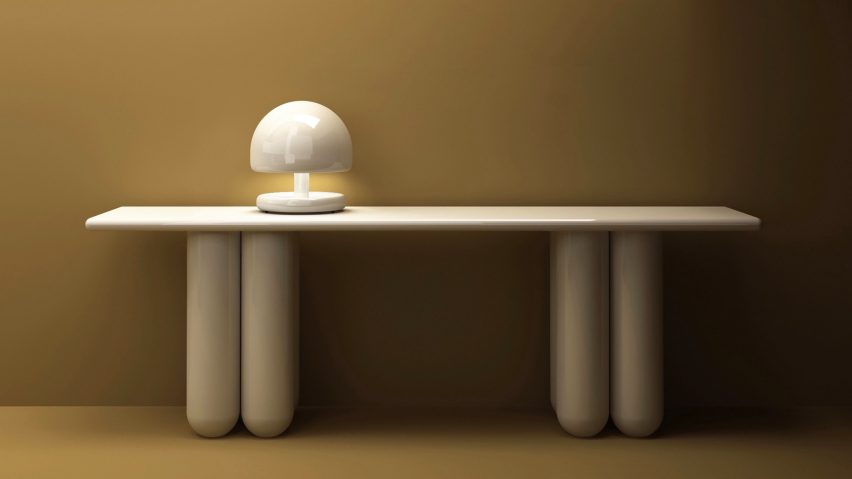Dubai's Global Grad Show has announced an open call to universities and students for designs that address critical issues resulting from the coronavirus outbreak.
The call-out looks for design solutions to issues that have been highlighted by the coronavirus Covid-19 outbreak.
"Proposals must address collateral issues related to Covid-19," said the organisers of the Global Grad Show.
"Examples include improving the efficiency of self-quarantine, increase treatment capacity and screening methods, mitigate contagious behaviours individually and within groups, and enable collaborative efforts amongst private and public sectors."
Coronavirus is "uniting the world around a common concern"
The submissions will be assessed by a panel of experts in health, innovation and technology and those selected will each be awarded the equivalent of a year's university tuition fees.
"This initiative is our attempt to channel the intelligence and imagination of our partners to address a number of urgent, interconnected problems," said Brendan McGetrick, head of curation of the Global Grad Show and creative director of The Museum of the Future, which is currently under construction in Dubai.
"The Covid-19 pandemic has wide ranging impacts, from medical to economic to social to professional," he told Dezeen.
"But one of its most striking and potentially positive effects is in uniting the world around a common concern. Suddenly, we are more aware of the fragility of our lives and of life itself. This awareness opens up a possibility for new kinds of creativity, intelligence and care."
An acceleration programme will also be put in place to fund projects that have the potential to be produced and distributed at scale.
Students "are designing for post-crisis realities"
The Global Grad Show chose to focus its call for entries on the coronavirus as they believe that students and younger people have the potential to enact change, and expect that they will be the ones that need to make change happen.
"Partly out of frustration and partly out of pragmatism, more and more young designers are looking at issues like global pandemics and climate change as an inevitable fact of life," said McGetrick.
"They don't expect a solution, but instead assume that the current state of inaction will continue and that their lives will be defined partly by the economic, social and political fallout. In response, they are designing for post-crisis realities."
"Smaller scale solutions are vital"
McGetrick believes that small-scale solutions created by designers and student can have an impact on the world's larger issues, like the coronavirus outbreak or climate change.
"More and more it feels unrealistic to expect the unified governmental or international solutions that these problems seem to require," said McGetrick.
"The smaller scale solutions one finds coming from designers are vital – because they are not only original but also actionable," he added.
"A lot of the projects we feature are human scale, but address very large, essential issues of social and environmental good, which are essential for us to resolve and improve over the next 100 years."
Submissions to the Global Grad Show from undergraduates, graduates and professors from all academic institutions are open until 2 April. The selected projects would be announced online 16 April.
Designers and architects are already developing concepts that respond to the global coronavirus pandemic, which has infected more than 200,000 people in over 180 countries.
Experience designer Bompas & Parr launched a competition to rethink hand sanitisers and raise money for charity, while Italian additive manufacturing start-up Isinnova 3D printed a crucial valve for a ventilator and a group of Chinese designers devised products for protection against the virus.
Image is of Frank Chou's Sterilising Lamp, which was designed in response to the coronavirus outbreak.

